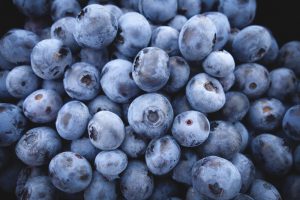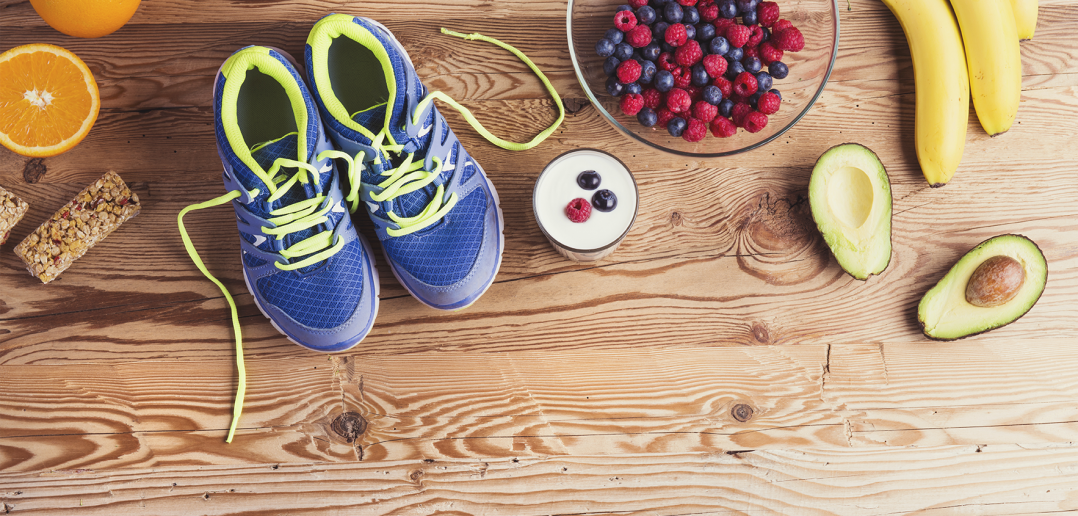
Blueberries and other antioxidant-rich foods can enhance your post-workout meal
There is much debate in the workout world about whether to eat before or after exercise, or both, and what to eat when you do. Much of this will depend on the type of training you’re about to do, your health and your goals. But for now I want to focus on the best post-workout foods to fuel recovery.
Firstly, let’s consider how soon after exercising you should be eating. You don’t want to leave it too long, perhaps sometime within 30 minutes of finishing, which maximises the window of time after exercising within which you are more ‘insulin sensitive’, meaning that you use the insulin you produce more efficiently and are less prone to storing carbohydrates as fat. It’s important, though, not to start eating too soon, otherwise you will still be in the ‘sympathetic’ branch of your autonomic nervous system within which digestion is not prioritised.
You don’t want to leave it too long before eating, perhaps sometime within 30 minutes of finishing
You want to give yourself a bit of time to relax, calm down and encourage your nervous system back into its para-sympathetic branch, also known as ‘rest and digest’. As the name suggests, while in this branch, your digestive system is willing and able to break down food and benefit from the macro and micronutrients you will be taking in, reducing risk of adverse gastrointestinal symptoms after eating, like indigestion and bloating.
What your muscles need after working out
Protein – 30 to 60g depending on your height, weight and intensity of training. Amino acids from protein help to repair muscles after exercising, especially the essential branch chain amino acids (BCAA) valine, leucine and isoleucine. These BCAA are found in quality, lean animal protein including eggs, meat, poultry and fish. Protein from plant sources such as pulses, quinoa, nuts and seeds do not contain all of the essential amino acids needed for muscle recovery and have to be combined for best effect.
Carbohydrates – 50 to100g depending on your height, weight and intensity of training. They are an important component of post-workout muscle recovery too, because glycogen stores become depleted during exercise, especially higher intensity training, and need to be refueled from eating carbohydrates. The blood sugar elevation from carbs should be slow and steady, an effect provided by combining carbohydrates with some quality protein mentioned above, as well as the increased sensitivity to insulin after a workout. Starchy veggies such as potatoes, sweet potatoes, green plantain and squash are a good, nutrient-dense choice, because starch is better for replacing glycogen stores in muscle, whereas fructose from fruit replaces glycogen stores in the liver preferentially.
Adding in some antioxidant-rich foods is also a good idea, because exercise increases levels of free radicals in the body. Go for colourful plant foods such as peppers, tomatoes, leafy greens, berries, beetroot and red onions to further enhance your post-workout meal. Some believe that drinking green tea after a workout helps to quench free radical damage and aids in muscle recovery, although research is lacking in this area.
| Good post-workout choices |
|---|
| Omelet containing red onions and red peppers, with a side of left-over sweet potatoes |
| Salmon fillet with small jacket potato and green vegetables |
| Chicken breast with beetroot and friend green plantain |
| Soft-boiled eggs with asparagus dippers, roasted squash and a bowl of berries |
| Can of sardines with new potatoes and a red onion and tomato salad |
| Beef ragu sauce served with jacket sweet potato and leafy greens |




